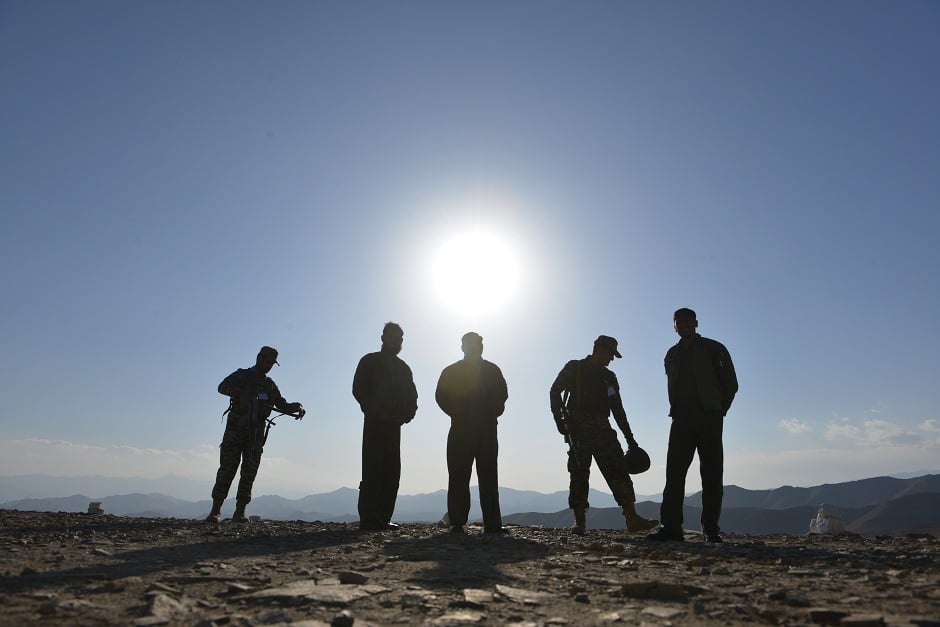
But under the US Freedom of Information Act, The Washington Post won the case and was allowed access to confidential treasure trove containing interviews of thousands of officials and others involved in the Afghan war.
The investigative piece was published at a time when the US last week, after a break of three months, began talking to the Afghan Taliban again for striking a peace deal.
But the flip side of this entire story, something that has not been discussed, is how in the US it is difficult to hide the truth. Take for instance Pakistan. Can anyone imagine seeking access to confidential details related to national security let alone publishing it? But one wonders why the US national security was not compromised when The Washington Post published this damning report and that too at a time when it is in the middle of negotiating a peace deal with the Taliban? The reality is that countries, which are democratic and have strong institutions, will always absorb such shocks and truths. On the contrary, weak nations with weak institutions are always afraid of telling their own people the truth.
Pakistan has seen many debacles such as the disintegration of the country in 1971, the fallout of supporting “Jihad” in Afghanistan, the Kargil war, and the killing of Osama bin Laden in Abbottabad. But sadly people have not yet been told the truth about all those events. Yes, the states have certain compulsions at times not to divulge information about national security issues. But there won’t be any consequences if, for example, the government officially makes public the Hamoodur Rehman Commission Report detailing the reasons for the Dhaka Fall. As far as the most recent events are concerned, people must know the truth of Pakistan’s decisions after the 9/11 attacks in the United States. We know, then military ruler General Pervez Musharraf decided to side with the US but there was little insight into how those decisions were taken. Why this was important because in 2009 one of his close military aides Lt General Shahid Aziz told me in an interview how Gen Musharraf misled his own commanders about the decision to side with the US. Gen Shahid, who also narrated these revelations later in his book, claimed that after the 9/11 attacks, Pakistan decided to stay neutral, meaning neither siding with the Taliban nor the US. But to his and many other commanders’ surprise, Musharraf had already committed to supporting the US and in fact allowed US fighter jets to use the country’s airbases for the military campaign against the Afghan Taliban. His claims aside, there is a need for full disclosure of events unfolded after the 9/11 attacks. The purpose is not necessarily to embarrass any individual or the country as a whole, but declassifying information of the past events will only help us improve our decision-making in the future.
Published in The Express Tribune, December 16th, 2019.
Like Opinion & Editorial on Facebook, follow @ETOpEd on Twitter to receive all updates on all our daily pieces.


1672385156-0/Andrew-Tate-(1)1672385156-0-165x106.webp)








COMMENTS
Comments are moderated and generally will be posted if they are on-topic and not abusive.
For more information, please see our Comments FAQ